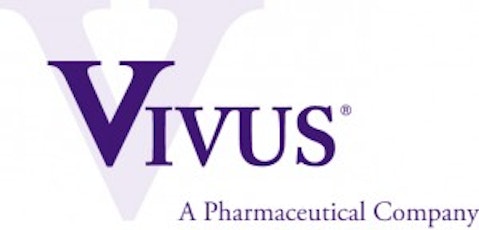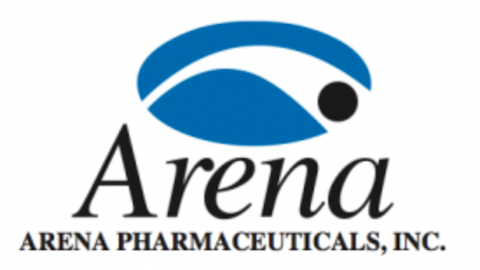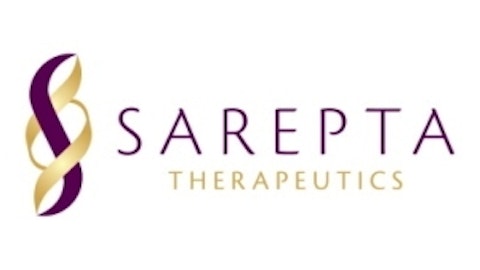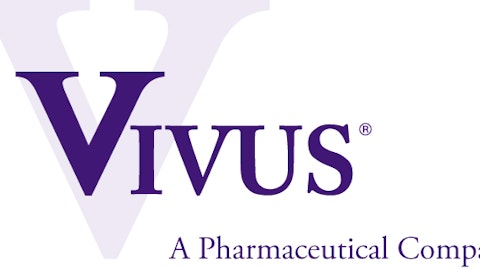
Qsymia has very stringent distribution restrictions from the FDA due to its side effects. There has been much talk on the efficacy of both it and Belviq. It is a fact that Qsymia is the most effective (purely in terms of percentage weight loss) obesity drug currently available. During trials, Belviq caused an average weight loss of 13 pounds, while Qsymia reduced an average 23 pounds. However, recent research has shown that the average weight calculations were misleading, and these findings can change the entire obesity drug industry.
Real weight loss
A recent study indicates that the weight loss potential of Belviq is strongly misinterpreted. The drug doesn’t impact approximately 50% of patients at all. The clinical trials of Belviq revealed a 5.8% weight loss for a 52 week treatment and a 2.5% weight loss by taking placebos. However, if the 50% ‘non-responders’ are not taken into account, the weight loss potential of Belviq is double for the responders, i.e. 10% body weight.
While looking at past performance is useful, the best investing approach is to choose great companies and stick with them for the long term.
This is an enormous leap in terms of efficacy and can make Belviq a big success with ‘responders.’ The responders are obese patients with ‘hunger’ as the primary reason behind their obesity. As the drug works by reducing this ‘hunger,’ it is only effective on these hunger driven obese patients. This is an oversimplified classification, practically it is not that easily to differentiate ‘responders’ and ‘non-responders.’ The difference between responders and non-responders can only be identified through a monitoring of patients on Belviq over many months.
The win
The market perceives this data as a win for the obese patients and Arena shareholders. A higher efficacy of Belviq would make it possible for obese patients to ‘safely’ lose more weight. However, the patients who do not respond to Belviq will have no other choice but to look for alternative. The only alternative on the market is Qsymia. These 50% non-respondents can also result in a lot of negative marketing for Belviq. Therefore, the biggest winner is none other than VIVUS, Inc. (NASDAQ:VVUS).
The reduction of Arena’s target market by 50% only ensures that now VIVUS, Inc. (NASDAQ:VVUS) will be able to utterly dominate, at least 50% obesity market. The street should also consider the willingness of doctors to change medication mid-way. How many doctors will prescribe Qsymia only to avoid treating a non-respondent with Belviq and then having to change it after a few months?
These factors increase Qsymia long term prospects and ensure that the drug will undoubtedly be a blockbuster. This is because it will have almost 50% of the entire obesity market entirely to itself. Arena will face competition from Orexigen’s Contrave. Contrave also works, albeit with a different mechanism, to reduce the ‘need to eat.’ Contrave or Bupropion/naltrexone forces the hypothalamus into reducing food intake. Although it mere speculation and only clinical data will give conclusive evidence, the percentage of non-responders for Contrave should also be around 50%.
Foolish bottom-line
The obesity drug market is one of the most lucrative industries in the healthcare sector. Obesity has been now classified as a disease by the American Medical Association; this can go a long way in securing insurance coverage for the ailment. Belviq and Qsymia are both available in the market and will have to show actual sales performance in order to justify billion dollar valuation of their companies.
Studies on Belviq have determined that the drug is ineffective on almost 50% obese patients. On the other 50% it reduces almost 10% body weight, almost double the previous estimates. While the obesity drug is large enough for more than a single player, this is clearly a tremendous win for Vivus. The company will now have at least total domination over 50% obesity drug market. As the non-responders to Belviq can only be identified after months of taking the drug, this can lead to negative word of mouth for the Belviq. There is also the chance that most doctors will prefer prescribing Qsymia instead of finding after months of treatment that the patient is a non-responder.
Mohsin Saeed has no position in any stocks mentioned. The Motley Fool has no position in any of the stocks mentioned.
The article Qsymia Just Won The Lotto originally appeared on Fool.com.
Copyright © 1995 – 2013 The Motley Fool, LLC. All rights reserved. The Motley Fool has a disclosure policy.



